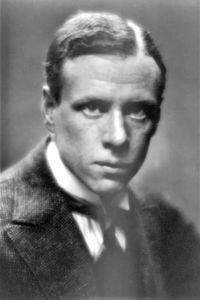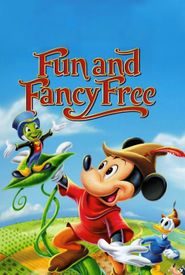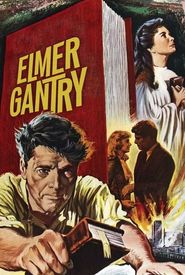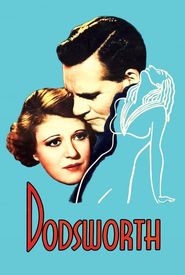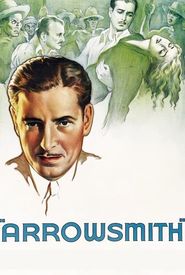Harry Sinclair Lewis, an illustrious American novelist, celebrated short-story writer, and accomplished playwright, etched his name in the annals of literary history in 1930 by achieving a groundbreaking distinction - he became the first author from the United States and the first from the Americas to be conferred the prestigious Nobel Prize in Literature.
This resounding recognition, a testament to his exceptional literary prowess, was bestowed upon him "for his vigorous and graphic art of description" - a hallmark of his unique writing style - and his remarkable ability to create, with wit and humor, innovative and captivating characterizations that continue to resonate with readers to this day.
Lewis, a renowned literary figure, left an indelible mark on the world of fiction with his remarkable output of six groundbreaking novels. The first of these notable works was Main Street, published in 1920, which set the stage for a series of masterpieces that would cement his reputation as a virtuoso of storytelling.
Next came Babbitt, released in 1922, a work that further solidified his position as a leading voice in American literature. This was followed by Arrowsmith, published in 1925, a novel that showcased his remarkable ability to craft complex, multidimensional characters.
The following year, 1927, saw the publication of Elmer Gantry, a novel that exemplified his skill in creating morally ambiguous characters. This was followed by Dodsworth, released in 1929, a work that demonstrated his range and versatility as a writer.
Finally, in 1935, Lewis released It Can't Happen Here, a novel that served as a powerful commentary on the societal climate of the time. Throughout his illustrious career, Lewis's novels consistently showcased his mastery of storytelling and his remarkable capacity to craft compelling characters, leaving a lasting impact on the world of literature.
H. L. Mencken, a renowned literary luminary of the era, eloquently extolled the virtues of Sinclair Lewis, a celebrated American novelist, whose literary contributions were characterized by their perceptive analysis of the societal ills of American capitalism and materialism during the tumultuous interwar period.
Lewis's remarkable literary endeavors also prominently featured the emergence of modern working women, whom he skillfully portrayed with remarkable depth, nuance, and sensitivity, imbuing them with a profound sense of agency and autonomy.
Mencken, in his effusive praise, aptly described Lewis as a novelist of exceptional talent, stating, "If there was ever a novelist among us with an authentic call to the trade, it is this red-haired tornado from the Minnesota wilds."
